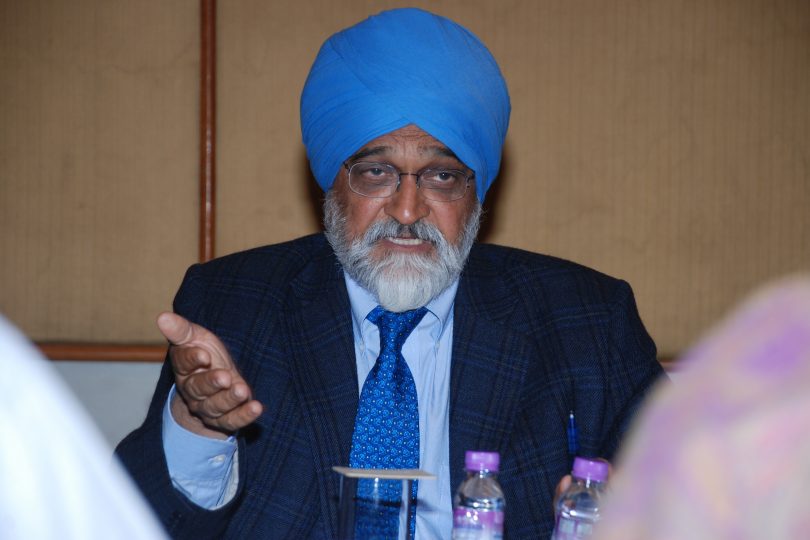
Each day, one million people register for a unique identification number in India. Since actual registrations began in September 2010, over 275 million people have signed up across the country. It is a project of such scale and ambition that seems only possible in a country like India. Through providing every Indian with a unique 12 digit number, the government aims to ensure a more inclusive growth for the benefit of all Indians – but particularly the marginalized sections of society through better provision of services and effective governance.
Heading up this extraordinary initiative is Nandan Nilekani, an Indian software entrepreneur and former Chairman of Infosys Technologies. He pulled together a “dream team” of largely non-resident Indian tech gurus who came back to voluntarily work on this ambitious idea. Now, with government backing, the dream is being realized and the possibilities, in terms of social security, poverty alleviation and economic opportunity, are only just starting to be understood.
In his book, ‘Imagining India’, Nilekani argues that in order to break through polar arguments of today, “what we need might indeed be an avid amateur, and someone who can avoid the extreme ends of the debate”. Describing himself as an ‘accidental entrepreneur’, he explains that “the fact that I am not a specialist of any particular stripe whether in history, sociology, economics or politics, may actually give me a broader viewpoint on (India’s) most significant issues”.
This “broader viewpoint” is a core characteristic to the Unique ID project, but it could also be useful to see how this approach might be applied to other key challenges in India and beyond. Nilekani is a member of the Oxford Martin Commission for Future Generations, and last week, with the Commission Chair, Pascal Lamy, he hosted a workshop in Delhi with leading thinkers from government, business and academia in India.
The Delhi workshop was focused on the central themes of the Oxford Commission: how we might bridge the gap between knowledge and action on critical global challenges; how we might overcome impediments to action and shift mindsets to the longer-term. Indian initiatives like the Unique ID system and the rollout of the National Optic Fibre network, which ‘leapfrog’ existing barriers or create parallel initiatives to overcome blockages or inaction, were provided as inspiration.
But there was also heated discussion about India’s role in global deliberations to address global challenges. Montek Singh Ahluwalia, Deputy Chairman of India’s Planning Commission, argued that “the world isn’t ready for a constructive India. We must be sensible enough to not waste time trying to change world discourse (on global challenges) as it is better to focus the country’s best minds on the significant problems of India”.
Opportunities to push for action beyond today’s “flawed” global architecture were also championed. Jairam Ramesh, India’s Rural Development Minister argued that there was no alternative to multilateralism to address global challenges, but stressed the need for hybrid models where different players and countries could come together on particular issues without requiring all 192 states to agree.
Nilekani argues in his book that “it is impossible to frame a single picture of India: the reality of India depends on where you stand”. Understanding how global issues such as climate change, economic inequality, and food security translate at a national level is thus complicated. Over the course of the coming year, the Oxford Martin Commission aims to understand how different approaches at local, national and global levels might be applied to address the current gridlock. We found plenty of inspiration in India, but we still have a long way to go.
- Read the news story about the workshop
- More about the Oxford Martin Commission for Future Generations
(Pictured is Montek Singh Ahluwalia, Deputy Chairman, Planning Commission, Government of India)
Natalie used to be Head of Policy at the Oxford Martin School. She is now Head of Strategy and Communications at SPRU.
This opinion piece reflects the views of the author, and does not necessarily reflect the position of the Oxford Martin School or the University of Oxford. Any errors or omissions are those of the author.